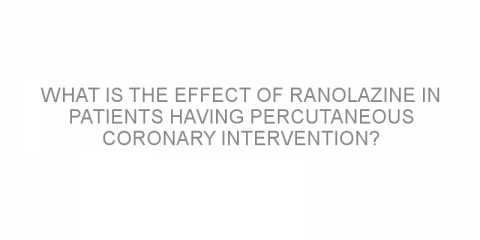Coronary Heart Disease An Infographic from Mount Sinai Hospital providing information on the causes, symptoms, treatments and prevention of coronary heart disease. Source: Mount Sinai...
Read MoreCoronary artery disease Posts on Medivizor
Is table tennis a safe activity for the heart?
In a nutshell This paper studied the impact of table tennis on patients with coronary artery disease. Some background Coronary artery disease occurs when there is a build-up of a fatty substance called plaque in the blood vessels. This can obstruct blood flow and increase the risk of heart attacks and strokes. Studies suggest that sudden...
Read MoreShould cholesterol levels be reduced rapidly?
In a nutshell This paper examined the effect of rapidly reducing cholesterol levels. Some background High levels of fat in the body increases the risk of heart disease. Studies have shown that intensively reducing levels of cholesterol, with treatments such as statins (type of drug that reduces levels of cholesterol), can help patients...
Read MoreThe impact of loop diuretics in patients without heart failure
In a nutshell This paper studied the effect of loop diuretics in patients with suspected coronary artery disease but without heart failure. Some background Loop diuretics are widely used drugs used to treat short- and long-term heart failure (when the heart doesn't pump blood as it should). Loop diuretics work by reducing fluid levels in...
Read MoreCould chest pain be an early warning sign of second cardiovascular events?
In a nutshell The main aim of this article was to determine whether there was a link between the frequency of angina pectoris (chest pain) and cardiovascular events. Some background Patients with coronary artery disease have insufficient blood flow to the muscles of the heart. Blood flow to the heart muscles can be slowed by plaque (a fatty...
Read MoreAre PCSK9 inhibitors effective in heart disease?
In a nutshell This paper reviewed the role of proprotein convertase subtilisin/kexin type 9 (PCSK9) inhibitors in the treatment of heart disease. Some background PCSK9 is a protein that is involved in the breakdown of fat. A mutation of PCSK9 can increase the risk of the disorder...
Read MoreWhich antithrombotic drug gives more benefit after a heart attack?
In a nutshell This paper reviewed the effectiveness of anti-thrombotic drugs in patients who had a heart attack. Some background Antithrombotic drugs are drugs that prevent blood from clotting (clumping together). They are given together with...
Read MoreCan a new device reduce angina?
In a nutshell This study examined whether a device could reduce chest pain in patients with coronary artery disease. Some background Coronary artery disease refers to a build-up of substance called plaque in the blood vessels to the heart. This narrows the blood vessel and blood flow is affected. Revascularization...
Read MoreAre drug-eluting stents safe in the long term?
In a nutshell This study examined the long term safety of bare metal and drug-eluting stents. Some background Stents are meshed wire tubes that are placed in blood vessels to open them up. There are two types of stents – bare-metal stents and drug-eluting stents. Bare-metal stents are made of a metal mesh. Drug–eluting...
Read MoreWhat increases the risk of pericardial effusion after a heart attack?
In a nutshell This article examined what factors increased the chances of a pericardial effusion after patients had their first heart attack. Some background Pericardial effusion is the abnormal accumulation of fluid around the heart. It occurs commonly after a heart attack. However, it is still unclear what the factors are that cause...
Read MoreWhat Are Blood Pressure Numbers? What’s High Blood Pressure? [Infographic]
Your Heart Your heart is an incredible organ. It is responsible for getting oxygen and nutrients to every cell in the body by pushing blood throughout the body. Beating around 100,000 times a day, it pumps blood over the 60,000 miles of blood vessels. Blood Pressure Explained A heartbeat is a two part process that takes about a second. During the first...
Read MoreWhat is the effect of ranolazine in patients having percutaneous coronary intervention?
In a nutshell This paper studied whether ranolazine (Ranexa) can improve blood flow in patients undergoing percutaneous coronary intervention. Some background Angina (chest pain), usually occurs when there is not enough blood flow to the heart. Ranolazine has shown to reduce angina and ischemia (lack of blood flow to the heart). However, the...
Read More
![[Infographic] Do You Know the Low-Down On Coronary Heart Disease?](https://medivizor.com/blog/wp-content/uploads/et_temp/coronaryheartdisease-207720_480x240.jpg)
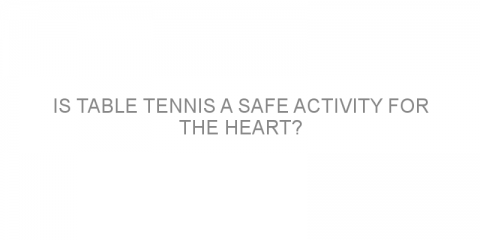

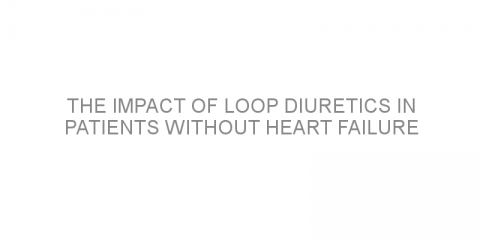
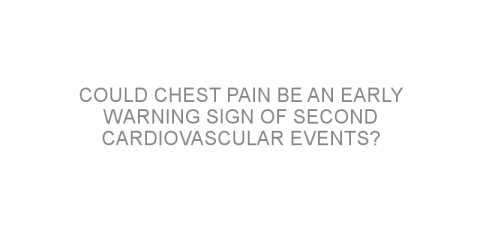

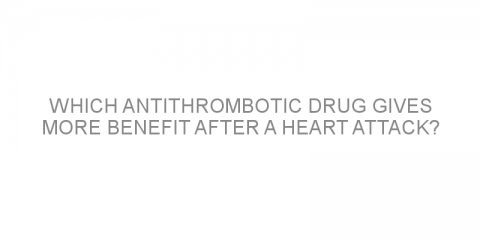



![What Are Blood Pressure Numbers? What’s High Blood Pressure? [Infographic]](https://medivizor.com/blog/wp-content/uploads/et_temp/bloodpressure3-127425_480x240.jpg)
